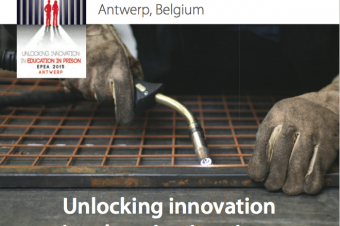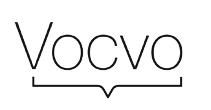From the Southern Region – June 2019
SkillHUBS trains prison educators
‘I am writing this piece en route to a five-day training course in Leicester, the UK. This training is being provided as an output on the EU-funded project, SkillHUBS. With partners from 6 different EU countries (Slovenia, Malta, Romania, UK and Belgium, Netherlands). SkillHUBS tries to tackle the problem of high unemployment and low basic and transversal skills amongst inmates. It recognizes the opportunity prison offers to inmates for upskilling. As Europe rushes into 4th industrial revolution there is a growing demand for high-level skills and transversal skills such as critical and innovative thinking, entrepreneurial mind-set, and creativity, to name just a few. All skills that will put these individuals in a favourable position in terms of employment.
Risking the danger of foretelling, achieving this end will no prove to be easy feat. As a starter, the University of Malta has provided each partner with tools for collecting data for a needs analysis in relation to prisoner skills. For this, 140 inmates were interviewed in the partner countries. These interviews identified the most urgent needs in terms of the provision of prison education within the partner countries. To name just a few: age and gender gap, nationality, language and communication barriers, as well as security features. Alluding to Maslow’s Hierarchy of Needs, I feel confident enough in saying that an inmate cannot feel confident and sanguine enough to learn with such constant hurdles. SkillHUBS also clutched down on this. The University this time provided the partners with a focus group schedule aimed at prison educators. The idea behind this was to understand, from their point of view, what is missing in prison education and what visions they might have. For this, 40 individuals gave their opinion.
Which brings us back to the training week. SkillHUBS focuses on ‘training the trainers’. It is believed that prison staff can create space for inmates to learn, which in turn would provide them with a better frame of mind for education. How is prison education different from mainstream education? How can we make prison education fruitful for the inmate? This is what the training week will explore. With individuals affiliated with prisoners from all partner countries, I am positive that shared experiences and diverse prisons – each with their own modus operandi, positive aspects as well as negative aspects – will provide conductive discussions and ideas for moving forward.
To keep abreast of the training week, as well as all the other deliverables SkillHUBS has and will produce please visit the project website at http://www.skillhubs.eu/.’
by Michela Scalpello and Joseph Giordmaina
– Malta





